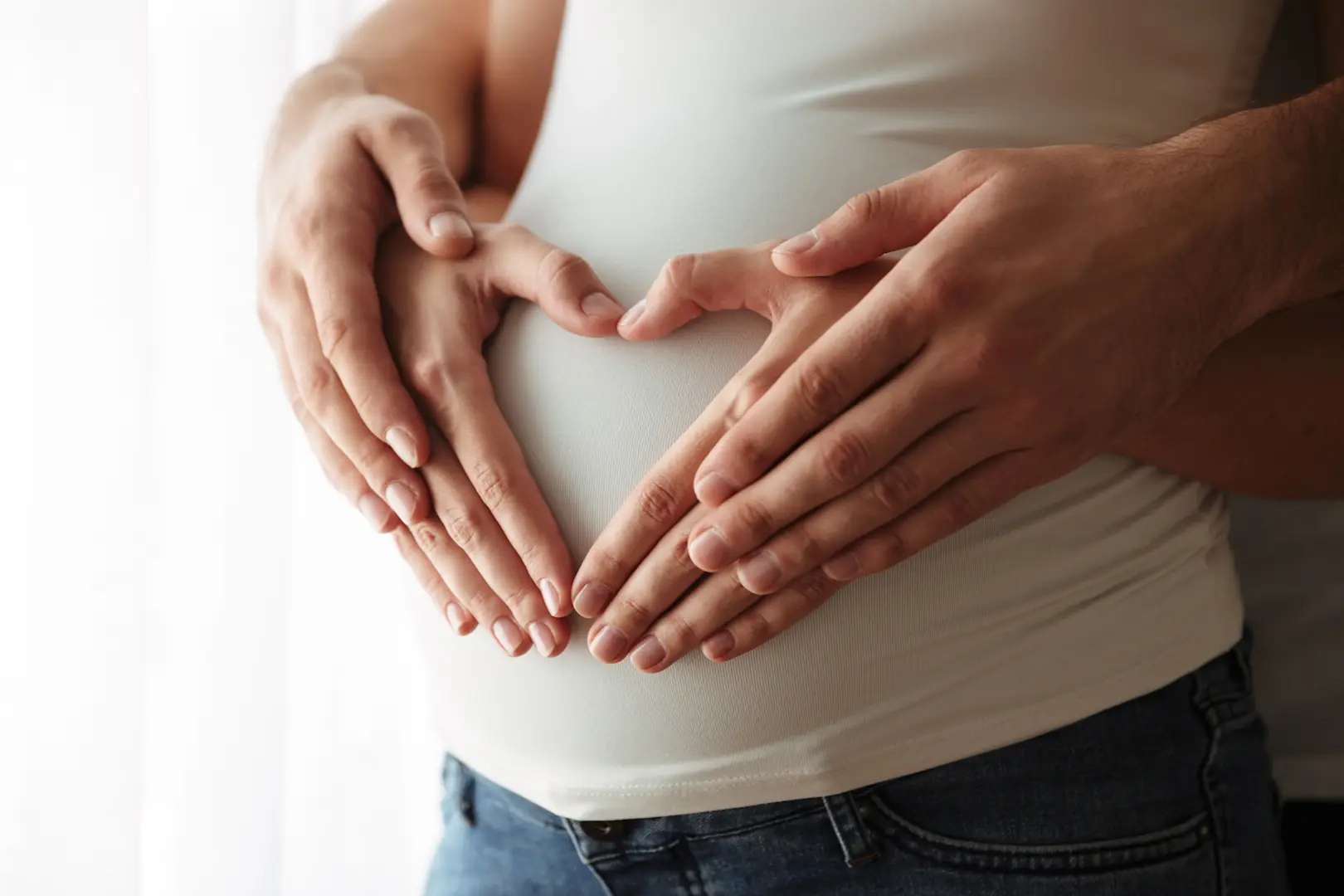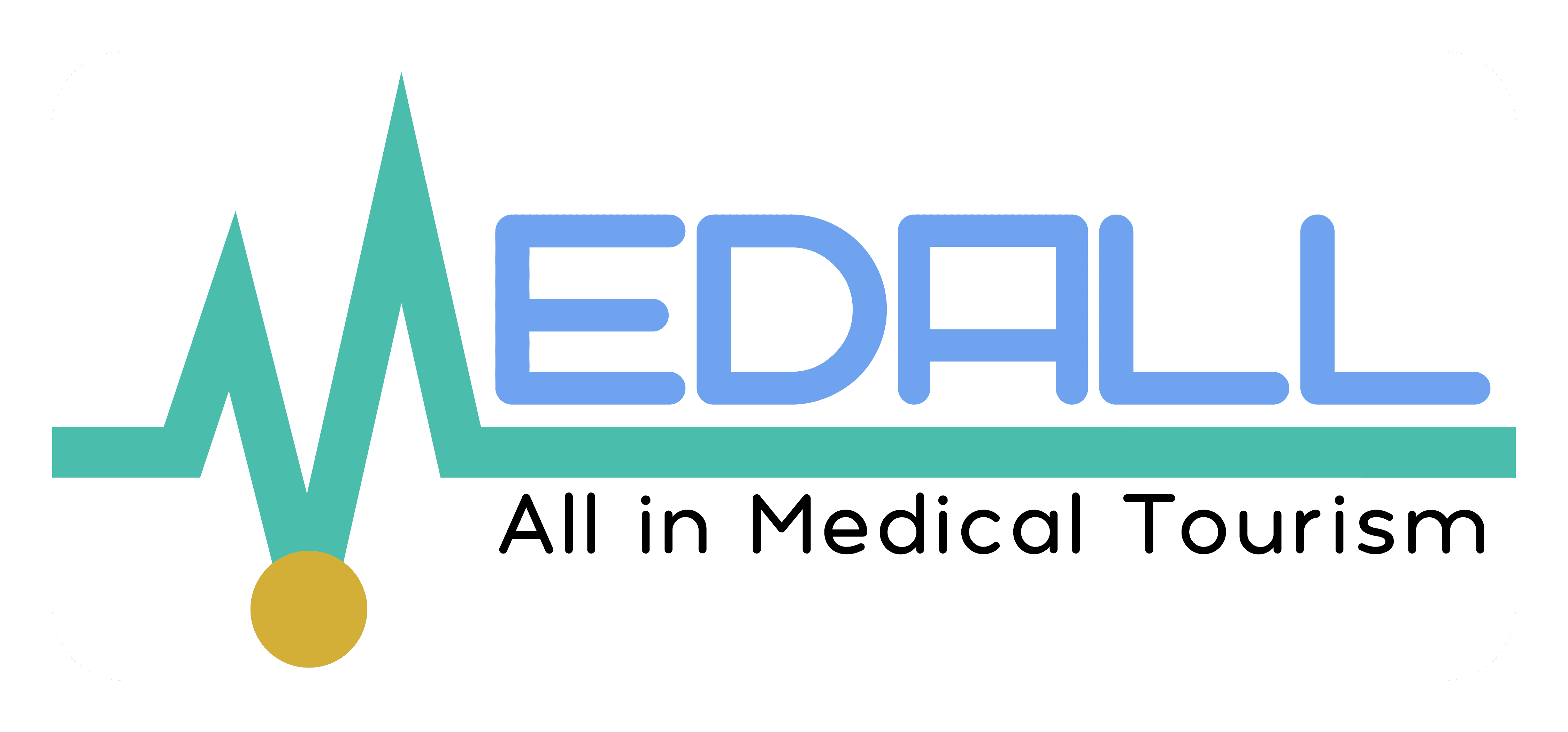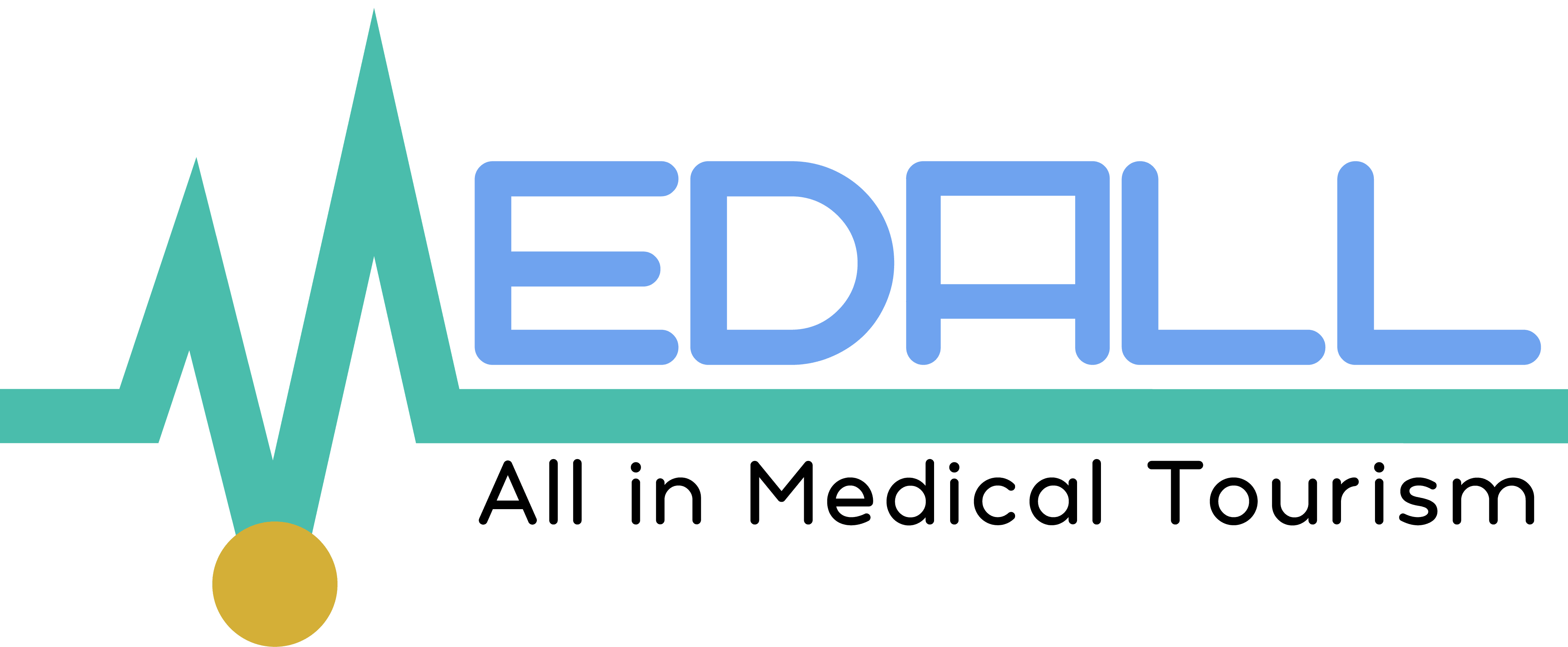Fertility Services in Iran
Egg Donation, Sperm Donation, Embryo Donation, Surrogacy, and Gestational Carrier.
Assisted Reproduction
Get a free consultation
Get a free consulatation from us in WhatsApp right now!
Message: +989024444698
Assisted Reproduction in Iran:
Pathways Through Third-Party Options
Assisted Reproductive Technology (ART) offers profound hope to individuals and couples who cannot conceive using conventional fertility treatments or their own gametes. Within ART, third-party reproduction, which involves the use of donor eggs, sperm, or embryos, or a surrogate mother, provides alternative pathways to parenthood. Iran has established itself as a significant center for assisted reproduction, particularly due to its advanced medical facilities, skilled specialists, and a unique legal and religious framework that permits certain forms of third-party reproduction. This overview article delves into the various forms of assisted reproduction available in Iran, exploring the conditions they address, the procedures involved, and the essential considerations for patients embarking on this journey.

Understanding Assisted Reproduction and Third-Party Options
Assisted Reproduction refers to any medical procedure that involves handling eggs, sperm, or embryos to help achieve a pregnancy. When these procedures involve contributions from a third party (a donor or a surrogate), it is known as third-party reproduction. These methods are invaluable for individuals and couples facing severe infertility, genetic concerns, or medical conditions that prevent them from carrying a pregnancy.
Indications for Assisted Reproduction and Third-Party Options
Assisted reproductive services, particularly those involving third parties, are indicated for a range of complex infertility scenarios:
For Egg Donation
- Premature Ovarian Insufficiency (POI) / Premature Menopause: When a woman’s ovaries stop functioning before age 40.
- Diminished Ovarian Reserve (DOR): Low quantity or quality of eggs, often age-related or due to medical treatments (e.g., chemotherapy).
- Genetic Conditions: When a woman carries a genetic disorder that she wishes to avoid passing on to her offspring.
- Repeated IVF Failures: Despite multiple attempts with the recipient’s own eggs, without success.
- Absence of Ovaries: Due to surgery or congenital conditions.
For Sperm Donation
- Severe Male Factor Infertility: Such as azoospermia (no sperm) that is untreatable or where sperm retrieval is unsuccessful.
- Genetic Conditions: When a male partner carries a genetic disorder he wishes to avoid passing on.
- Single Women or Same-Sex Female Couples: Who wish to conceive.
For Embryo Donation
- Combined Male and Female Infertility: When both partners have significant infertility issues that cannot be overcome with their own gametes.
- Genetic Conditions in Both Partners: To avoid passing on inherited diseases.
- Repeated IVF Failures with Own Gametes: When both egg and sperm quality are concerns.
For Surrogacy (Gestational Carrier)
- Absent Uterus: Due to congenital conditions or surgical removal (hysterectomy).
- Medical Conditions Precluding Pregnancy: Severe heart disease, kidney disease, or other conditions that make pregnancy dangerous for the intended mother.
- Repeated Pregnancy Loss: Due to uterine factors that prevent a pregnancy from being carried to term.
- Failed Implantation/Recurrent IVF Failure: Despite the transfer of good quality embryos.
- Uterine Abnormalities: Such as severe Asherman’s syndrome or congenital uterine anomalies.
- Single Men or Same-Sex Male Couples: Who wish to have biological children.
Types of Assisted Reproduction Procedures in Iran (Detailed Overview)
Iran offers comprehensive assisted reproduction services, adhering to specific legal and religious guidelines, particularly those derived from Shia Islamic jurisprudence.
Egg Donation in Iran
Egg donation involves the use of eggs from a donor, which are then fertilized with sperm from the recipient’s male partner (or a sperm donor) via IVF. The resulting embryo is transferred to the recipient woman’s uterus.
Procedure Overview
- Donor Screening and Selection: Thorough medical, genetic, and psychological screening of the anonymous donor.
- Donor Stimulation and Egg Retrieval: The egg donor undergoes ovarian stimulation, and eggs are retrieved via a procedure similar to standard IVF egg retrieval.
- Recipient Preparation: The recipient woman’s uterus is prepared with hormonal medications to make the uterine lining receptive for embryo implantation.
- Fertilization and Embryo Culture: The retrieved donor eggs are fertilized with sperm (via IVF/ICSI), and the resulting embryos are cultured in the lab.
- Embryo Transfer: One or more selected embryos are transferred into the recipient’s uterus.
Legal and Ethical Considerations in Iran
Egg donation is permissible under Shia Islamic jurisprudence, provided there is a legal marital contract between the recipient couple. Donors are typically anonymous.
Sperm Donation in Iran
Sperm donation involves using sperm from a donor to achieve pregnancy. This can be done via Intrauterine Insemination (IUI) or as part of an In Vitro Fertilization (IVF) cycle.
Procedure Overview
- Donor Screening and Selection: Rigorous screening of the anonymous donor for medical, genetic, and infectious diseases.
- Sperm Preparation: Donor sperm is thawed and prepared in the lab.
- Insemination or Fertilization: The prepared sperm is used for IUI (inserted into the recipient’s uterus) or for IVF/ICSI (to fertilize eggs in the lab).
Legal and Ethical Considerations in Iran
Sperm donation to a married couple is generally **not permissible** under Shia Islamic jurisprudence, as it raises concerns about lineage (nasab). This means Iranian clinics typically **do not offer sperm donation from an anonymous third party**. However, exceptions or alternative interpretations might exist or be offered to international patients under specific circumstances, so direct consultation with a clinic is crucial.
Embryo Donation in Iran
Embryo donation involves the transfer of embryos created from the eggs and sperm of donors (or from other couples who have donated their excess embryos) to a recipient woman’s uterus.
Procedure Overview
- Donor Embryo Selection: Matching donor embryos with the recipient couple based on characteristics and screening.
- Recipient Preparation: The recipient woman’s uterus is prepared with hormonal medications.
- Embryo Transfer: The donated embryos are thawed (if frozen) and transferred into the recipient’s uterus.
Legal and Ethical Considerations in Iran
Embryo donation (from an anonymous donor couple) is generally **permissible** under Shia Islamic jurisprudence for married couples, with a focus on ensuring the “halal” (permissible) nature of the procedure and lineage aspects addressed by specific legal rulings.
Surrogacy (Gestational Carrier) in Iran
Surrogacy involves a woman (the gestational carrier) carrying a pregnancy for another individual or couple (the intended parents). In gestational surrogacy, the embryo is created using the intended parents’ (or donors’) egg and sperm via IVF, and then transferred to the gestational carrier’s uterus. The gestational carrier has no genetic link to the baby.
Procedure Overview
- Gestational Carrier Selection and Screening: Extensive medical, psychological, and social screening of the surrogate mother.
- Legal Agreement: A detailed legal contract is established between the intended parents and the gestational carrier, outlining roles, responsibilities, and compensation.
- IVF Cycle for Intended Parents/Donors: Eggs and sperm (from intended parents or donors) are used to create embryos via IVF/ICSI.
- Gestational Carrier Preparation: The gestational carrier’s uterus is prepared with hormones for embryo transfer.
- Embryo Transfer: The embryo is transferred into the gestational carrier’s uterus.
- Pregnancy and Delivery: The gestational carrier carries the pregnancy to term and delivers the baby.
Legal and Ethical Considerations in Iran
Gestational surrogacy is **permissible** under Shia Islamic jurisprudence, specifically for married couples who cannot carry a pregnancy themselves. The legal framework ensures the protection of all parties involved, including the intended parents, the gestational carrier, and the child’s lineage. Traditional surrogacy (where the surrogate is genetically related to the child) is generally not practiced.
Pre-Treatment Evaluation and Planning in Iran
A comprehensive and meticulous evaluation is critical for all parties involved in assisted reproduction, especially in third-party cases:
For Intended Parents (Recipients)
- Medical and Fertility Assessment: Complete fertility workup to determine the necessity of third-party reproduction and optimize chances of success.
- Genetic Screening: To identify any genetic conditions that could be passed on or impact treatment.
- Infectious Disease Screening: Mandatory screening for HIV, Hepatitis B & C, etc., for both partners.
- Psychological Evaluation: To assess readiness for and understanding of the emotional and psychological aspects of third-party reproduction.
- Legal Consultation: Crucial for understanding the legal implications of donor agreements and surrogacy contracts in Iran and the patient’s home country.
For Donors (Egg, Sperm, Embryo)
- Extensive Medical and Genetic Screening: To ensure the donor is healthy and free from genetic disorders. This typically includes a detailed medical history, physical exam, blood tests, and genetic carrier screening.
- Psychological Assessment: To ensure the donor fully understands the implications of donation.
For Gestational Carriers
- Comprehensive Medical and Gynecological Evaluation: To ensure she is physically capable of carrying a healthy pregnancy.
- Psychological Assessment: To ensure emotional and psychological readiness and stability.
- Legal and Social Screening: To ensure she meets the legal and social requirements for surrogacy in Iran.
Ethical and Religious Counseling
Many clinics in Iran offer counseling to ensure all parties understand the ethical and religious perspectives, particularly in the context of Shia Islamic jurisprudence.
The Assisted Reproduction Procedure in Iran (General Principles)
The core procedures in assisted reproduction are highly specialized and typically involve:
Synchronization
For egg/embryo donation or surrogacy, the cycles of the donor/carrier and recipient/intended mother need to be carefully synchronized using hormonal medications.
Gamete Retrieval/Acquisition
This involves egg retrieval from the donor or intended mother, or obtaining sperm from the donor or intended father (either ejaculated or surgically retrieved).
Laboratory Fertilization and Culture
Fertilization (typically via IVF/ICSI) occurs in a state-of-the-art embryology lab, followed by careful culture and monitoring of embryo development.
Embryo Transfer
The resulting embryo(s) are transferred into the recipient’s or gestational carrier’s uterus.
Legal Formalities
Before, during, and after the process, legal documentation and procedures (e.g., parental orders for surrogacy) are managed according to Iranian law.
Post-Treatment Care and Recovery in Iran
Post-procedure care is crucial for the success and well-being of all parties:
Hormonal Support
Recipients and gestational carriers often receive hormonal support (e.g., progesterone) to aid implantation and maintain early pregnancy.
Pregnancy Monitoring
Early pregnancy confirmation and subsequent monitoring are essential.
Medical and Psychological Follow-up
Ongoing medical care for the gestational carrier throughout pregnancy and psychological support for all parties as needed.
Legal Support for Parenthood
Assistance with legal processes to establish parental rights after birth, particularly for surrogacy.
Assisted Reproduction in Iran: What to Expect
Patients considering assisted reproduction in Iran can expect:
World-Class Fertility Specialists
Iranian reproductive endocrinologists and embryologists are highly trained, often with international experience, and proficient in complex ART procedures.
Advanced Fertility Centers
Clinics are equipped with cutting-edge technology, including advanced embryology labs, genetic testing facilities, and comprehensive diagnostic capabilities.
Supportive Legal and Religious Framework
Iran operates under a unique legal and religious system (Shia Islamic jurisprudence) that has specifically sanctioned certain forms of third-party reproduction (egg/embryo donation, gestational surrogacy) for married couples, offering a clear legal path for these procedures.
Competitive Pricing
The cost of assisted reproduction services in Iran is significantly lower than in many Western countries, making advanced treatments more accessible without compromising quality.
Comprehensive Patient Support
Many clinics offer dedicated international patient departments, providing translation services, logistical support, and guidance through the entire process, including legal aspects for international patients.
Choosing an Assisted Reproduction Clinic and Specialist in Iran
Selecting the right clinic and specialist is paramount for a successful outcome in assisted reproduction. Key factors to consider include:
Clinic’s Specialization in Third-Party ART
Choose a clinic with extensive experience and high success rates specifically in egg donation, embryo donation, and/or surrogacy.
Donor Programs and Screening
Inquire about the robustness of their donor screening protocols, donor availability, and matching processes.
Legal Expertise and Support
Ensure the clinic has clear procedures and legal support for establishing parental rights, especially for international surrogacy arrangements, in compliance with both Iranian and your home country’s laws.
Embryology Lab Quality
The quality of the embryology lab is critical for successful IVF/ICSI and embryo culture, directly impacting success rates.
Patient Testimonials and Success Stories
Seek out reviews and success stories from other international patients who have undergone similar treatments.
Ethical and Cultural Guidance
Ensure the clinic provides clear guidance on the ethical and religious considerations unique to Iran’s context, which may differ from your home country.
Conclusion
Iran stands as a compelling and ethically supported destination for individuals and couples pursuing parenthood through assisted reproduction. With its advanced medical infrastructure, highly skilled specialists, and a distinct legal and religious framework that supports crucial third-party options like egg donation, embryo donation, and gestational surrogacy, Iranian fertility centers offer viable and often more affordable pathways. By understanding the intricacies of these treatments and carefully selecting a reputable provider, patients can embark on a well-supported journey to building their families in Iran.

Why Iran is the best choice?
Iran has emerged as a premier destination for medical tourism, offering world-class healthcare at a fraction of Western prices while providing patients with exceptional care in a culturally rich environment. If you’re considering medical treatment abroad, Iran presents a compelling combination of advanced medical facilities, highly trained specialists, and significant cost savings.

Why MedAll is the best choice?
As your dedicated medical tourism facilitator, Medall connects international patients with Iran’s top healthcare providers while ensuring a seamless, comfortable experience from consultation to recovery.
Facial Surgeries
Rhinoplasty, Septoplasty, Ethnic Rhinoplasty, Fillers & Botox (Face, Lips), Facelift, Lip Lift, Brow Lift, Chin Implant, Double Chin Removal, Cleft Lip & Palate Surgery, Otoplasty, Blepharoplasty, Buccal Fat Removal, Canthoplasty, Facial Bone Contouring, etc.
Body Contouring
Arm Lift, Abdominal Etching, Liposuction, Gastric Balloon, Sleeve, Bypass, Abdominoplasty, Thigh & Buttock Lift, Fat Transfer, Buttock Implants, Mastopexy, Gynecomastia, Gender Reassignment Surgery, Labiaplasty, etc.
Dental Procedures
Hollywood smile, Dental Implants, Veneers, Composite Bonding, Dental Crowns, Teeth Whitening, Orthodontics, Tooth Extraction, and Dentures.
Hair Transplant
Scalp Hair Transplant, Beard Transplant, and Eyebrow Transplant.
Get a free consultation
Get a free consulatation from us in WhatsApp right now!
Message: +989024444698
